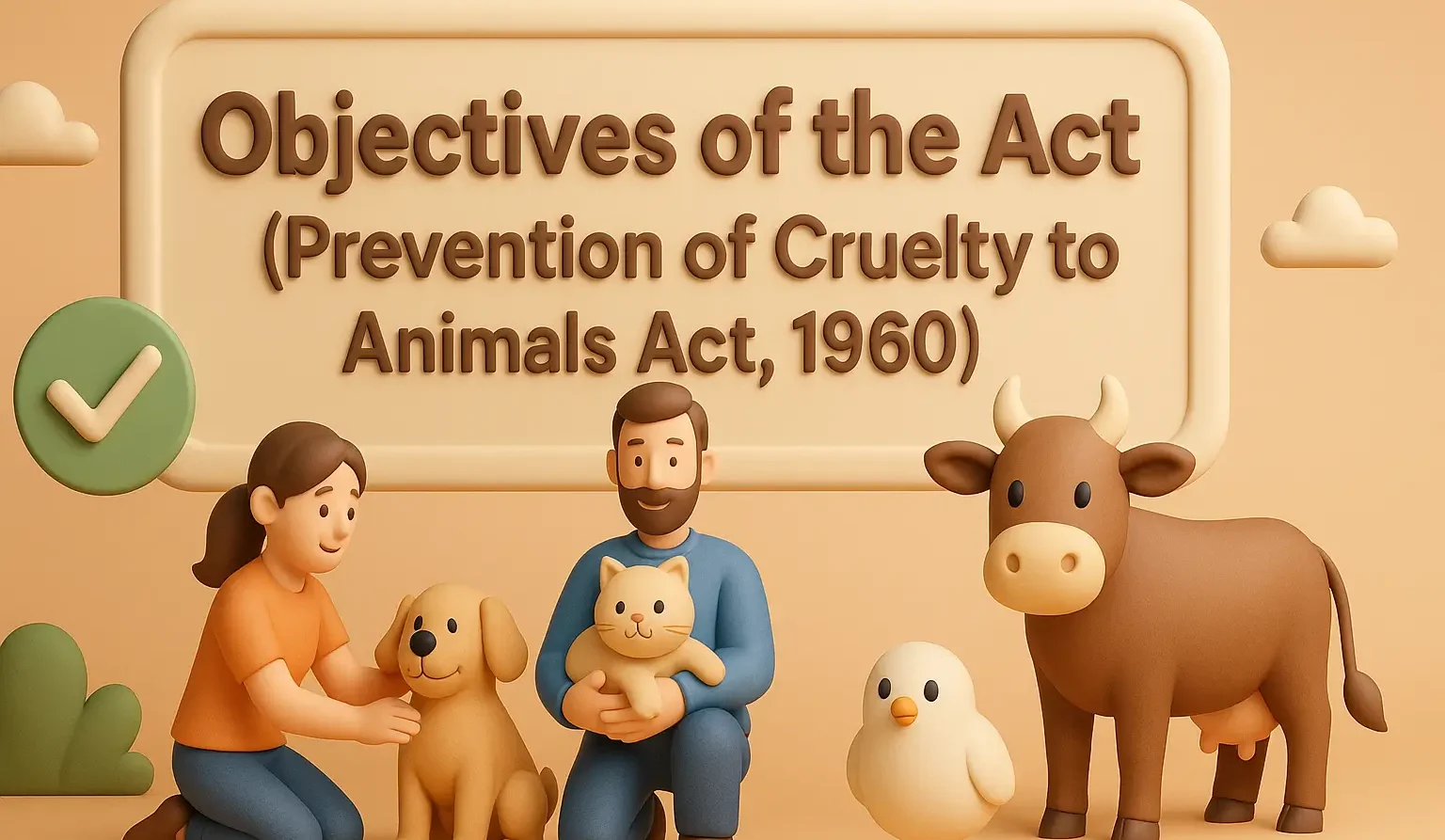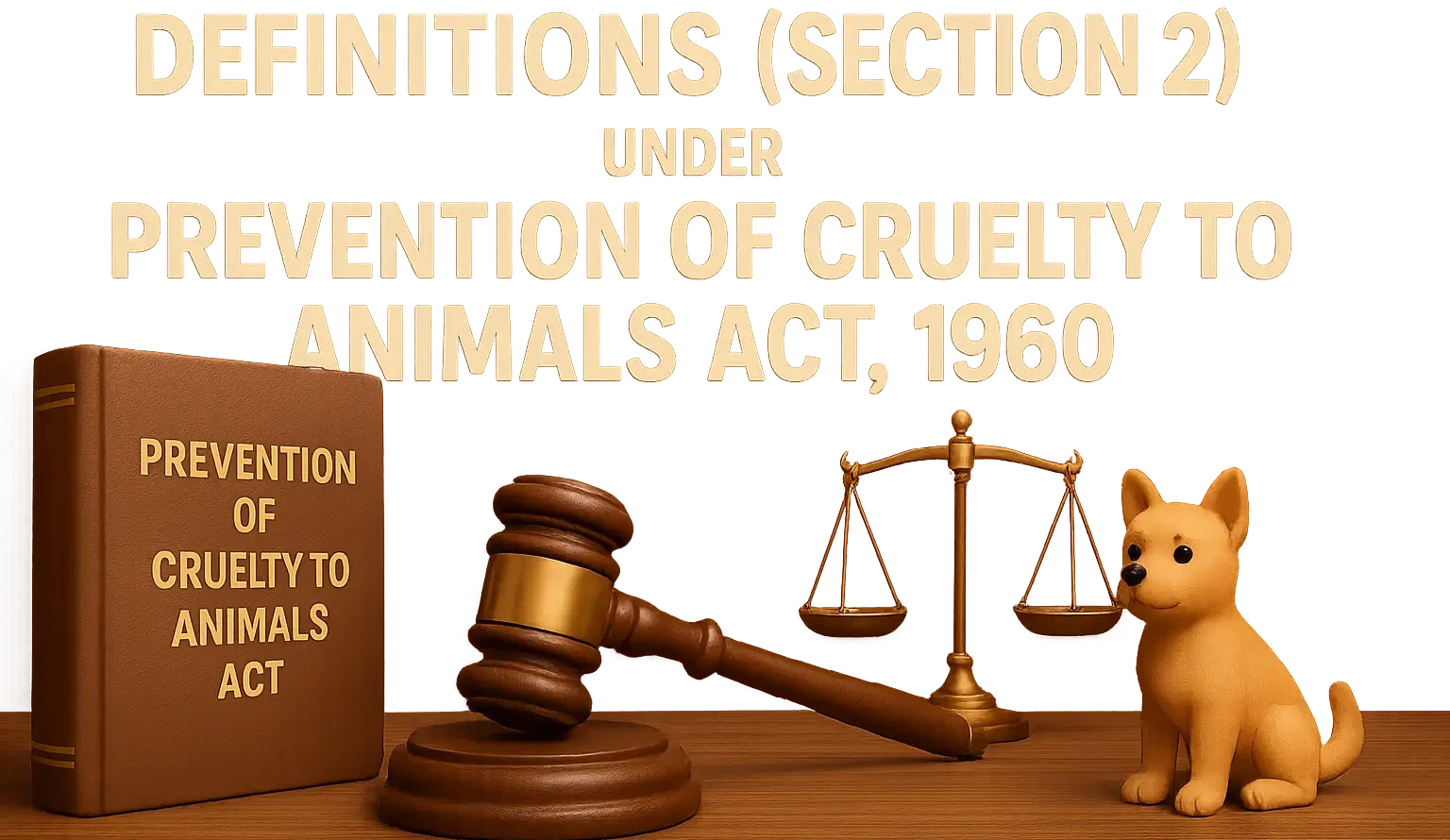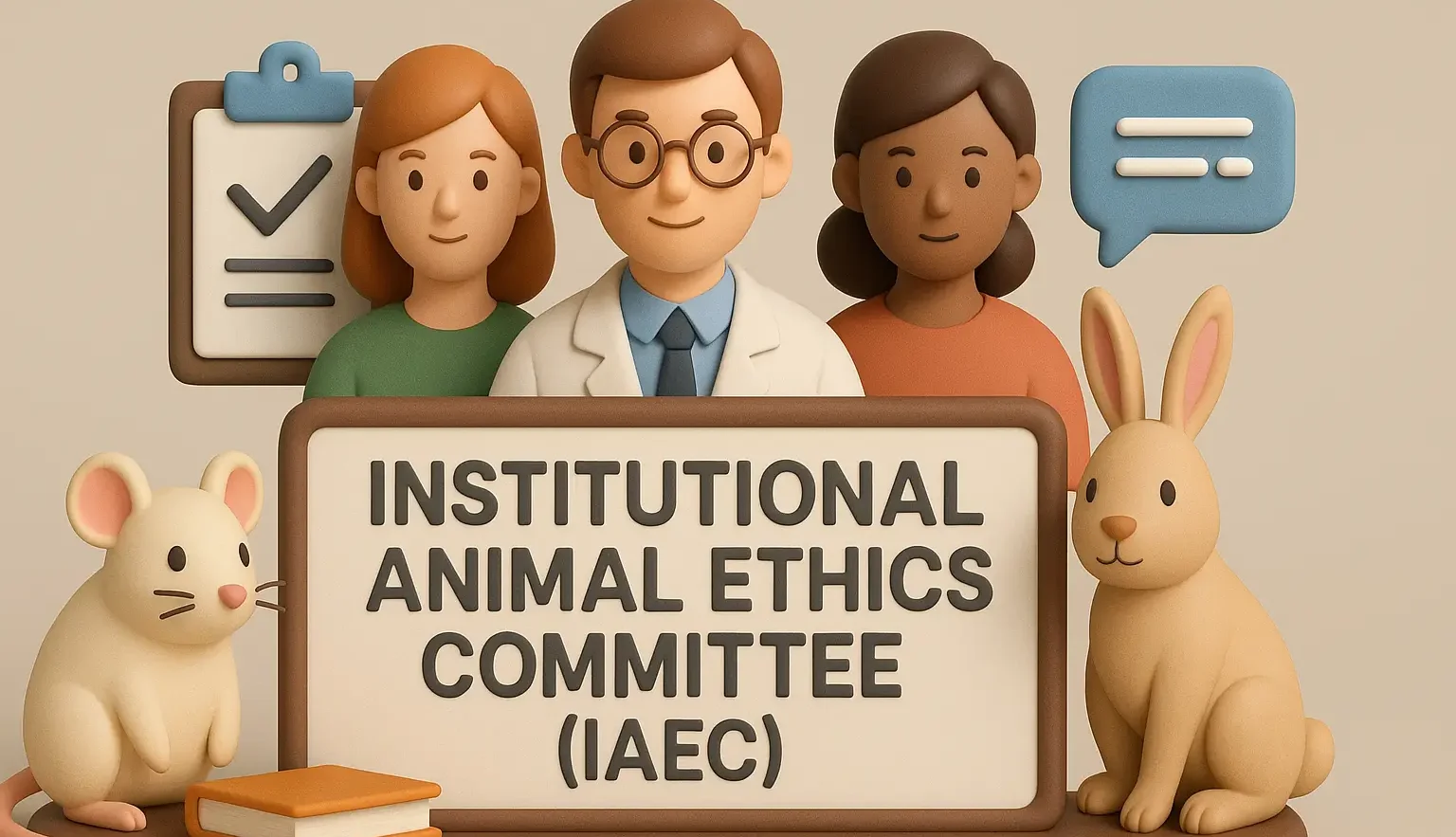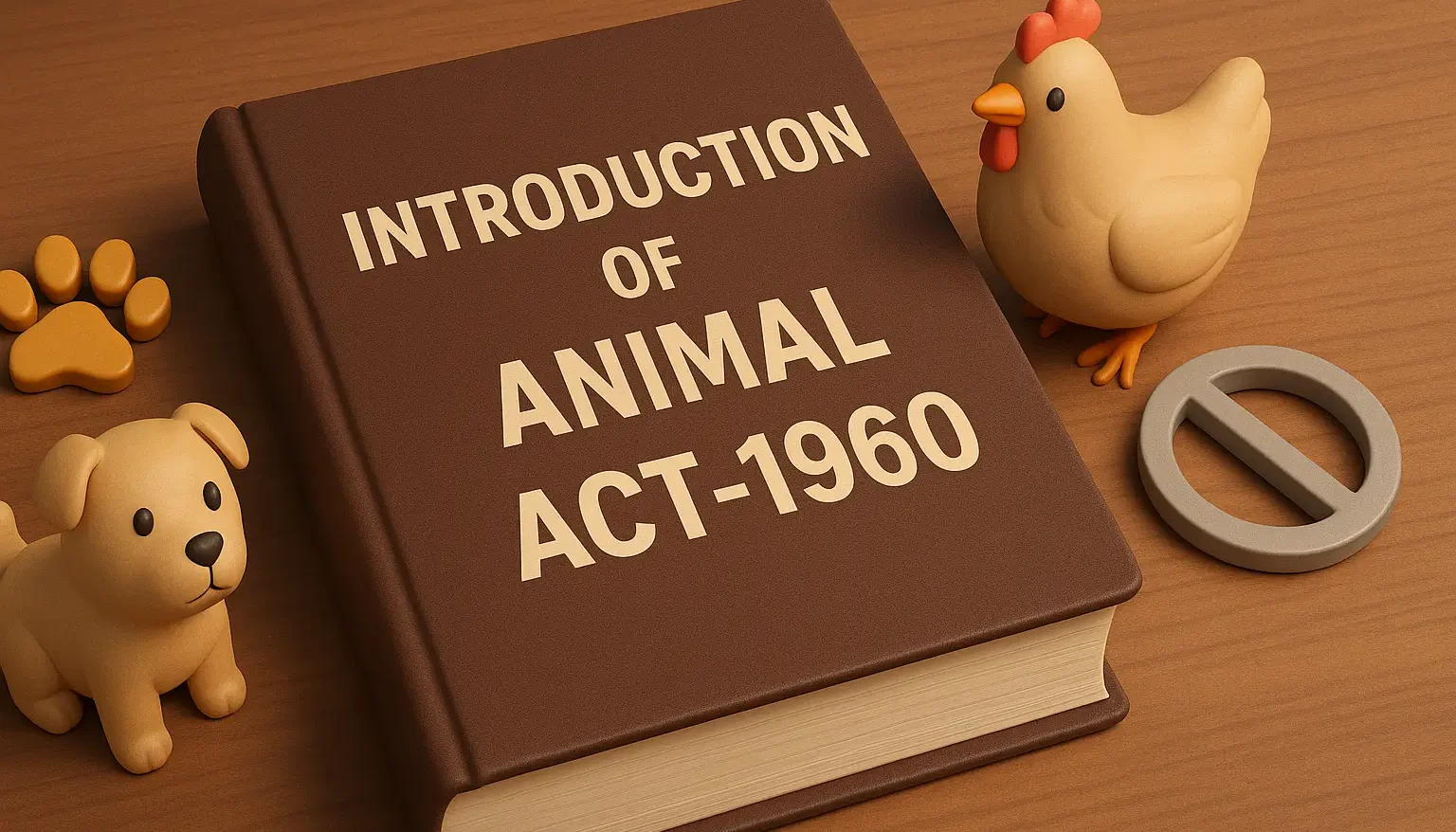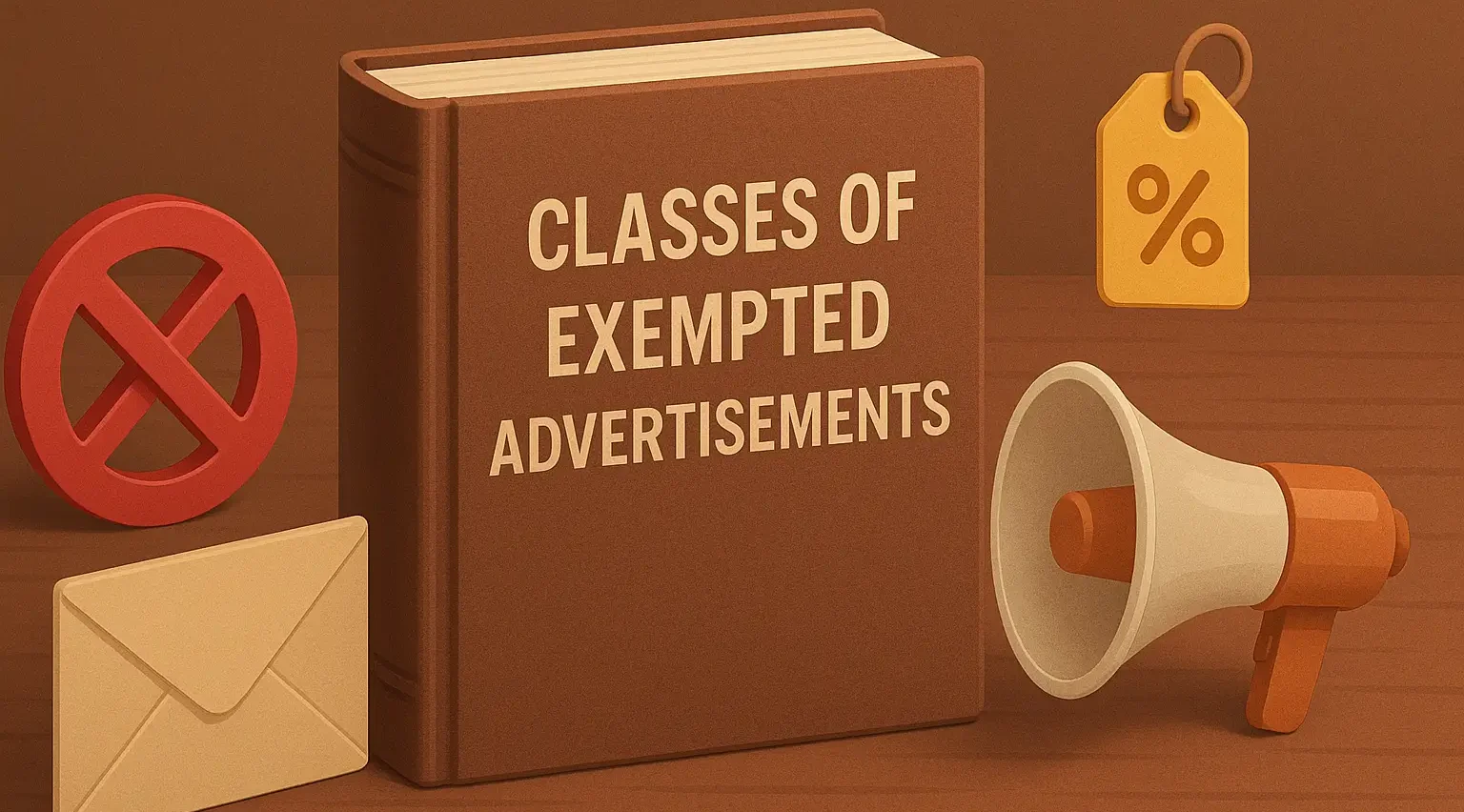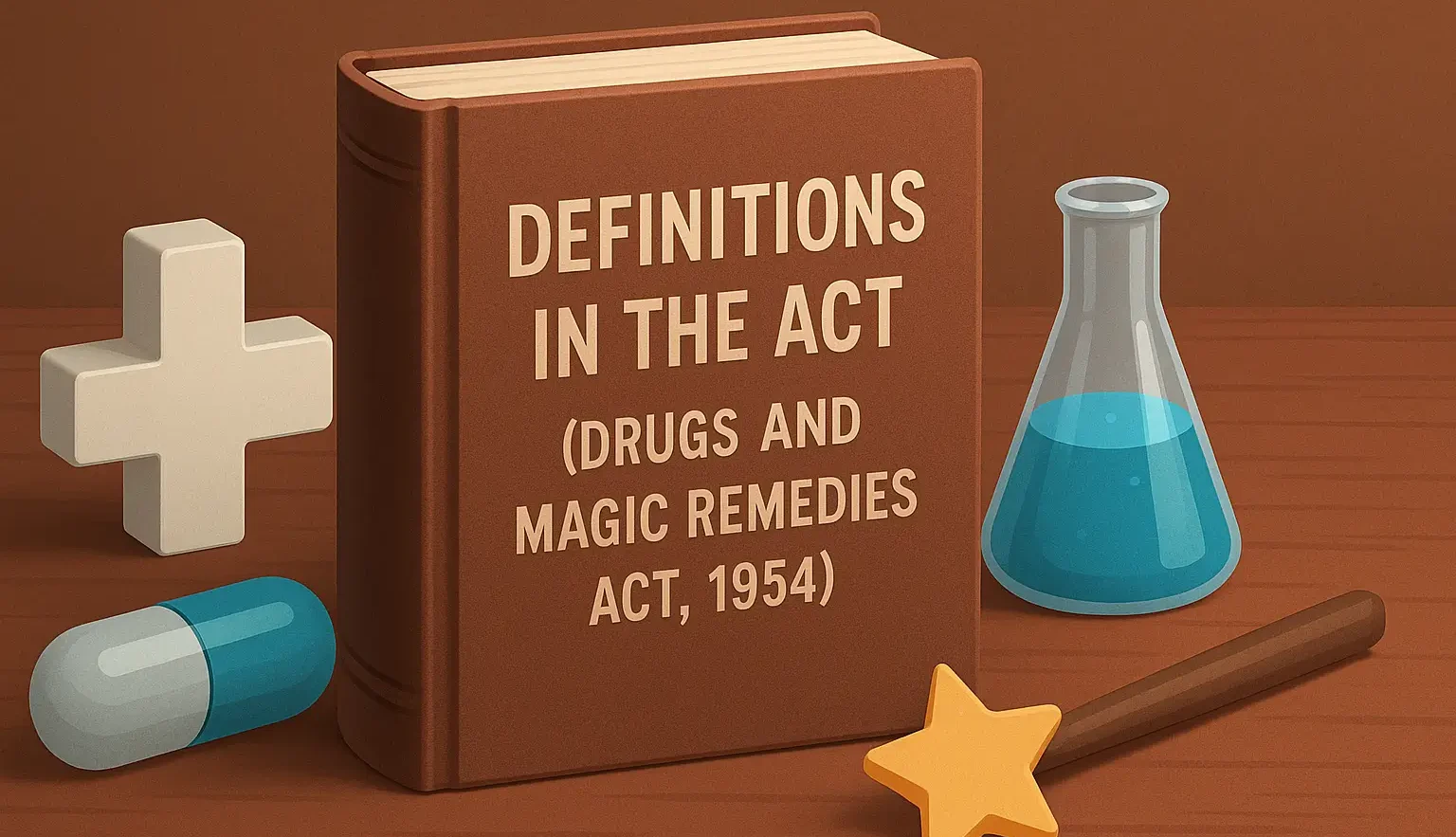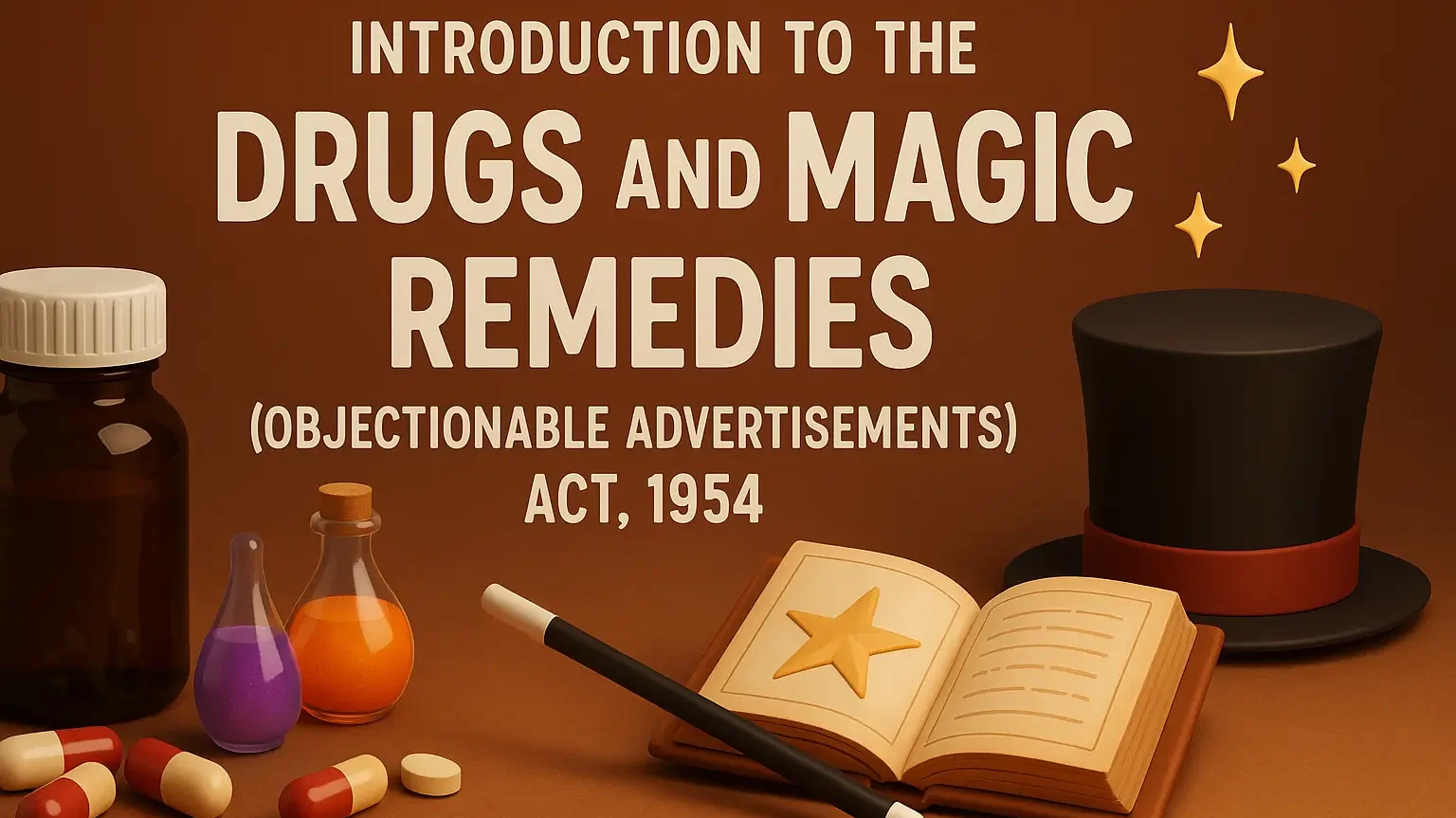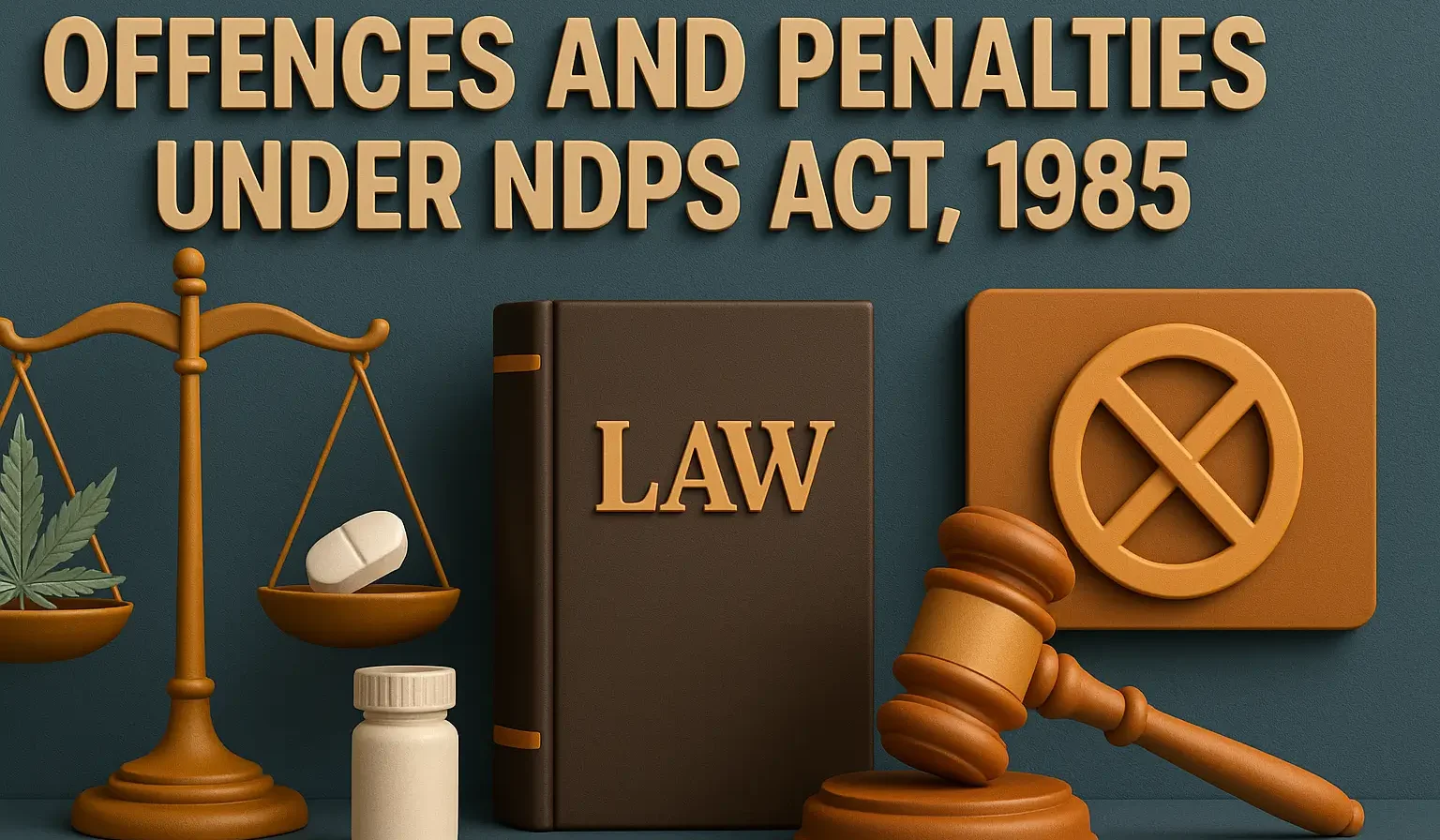CPCSEA Guidelines for Breeding and Stocking of Animals
Below we have described about the CPCSEA guidelines for breeding and stocking of animals ensuring ethical care housing and use of animals in research institutions. CPCSEA Guidelines for Breeding and Stocking of Animals The Committee for the Purpose of Control and Supervision of Experiments on Animals (CPCSEA) is a statutory body established under the Act … Read more


